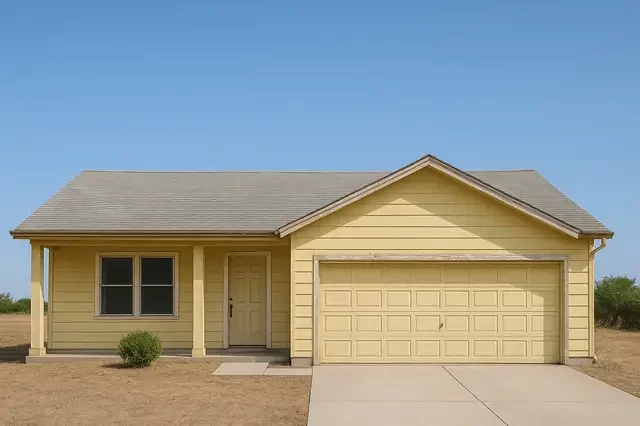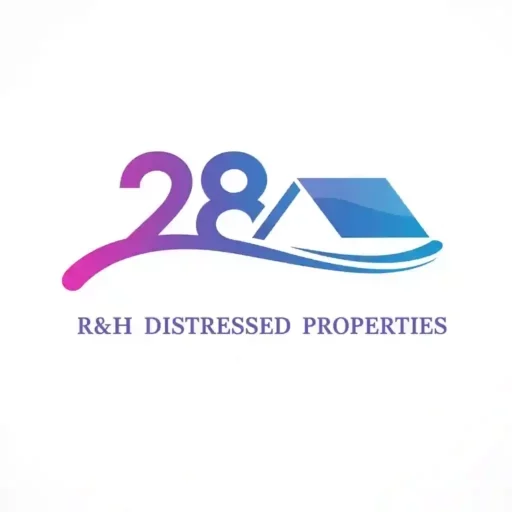How to Report a Hoarder in Texas
If you’ve noticed a hoarder property in your neighborhood, it’s important to understand your options. Hoarding can pose serious risks—not just to the person living in the home, but to neighbors and the entire community. This guide explains how to report a hoarder in Texas, what the law says, and how to safely take action.
What Is Hoarding and Why It’s a Concern in Texas?
Hoarding disorder is a mental health condition where individuals accumulate large amounts of items and struggle to discard them. In Texas, hoarding is especially dangerous because of the heat, pests, and wildfire risk in certain areas. Hoarder homes often create:
- Fire hazards
- Infestations (rats, roaches, etc.)
- Mold and structural damage
- Strong odors and unsanitary conditions
These issues may endanger children, seniors, and nearby residents.
Is Hoarding Illegal in Texas?
Hoarding itself is not a criminal offense in Texas. However, when it leads to unsanitary, unsafe, or hazardous living conditions, it may violate state or local codes. Texas cities and counties can cite property owners under nuisance, health, or fire safety laws. Common violations include:
- Unsafe structures or blocked exits
- Presence of human or animal waste
- Improper food or trash storage
- Excessive pest activity
Local governments may issue warnings, fines, or abatement orders. If the occupant doesn’t comply, courts may authorize forced cleanup or even eviction.
When Should You Report a Hoarder in Texas?
You should consider reporting a hoarder when:
- Conditions pose a danger to occupants or neighbors
- Children, elders, or disabled persons live in the home
- Pests are spreading to neighboring homes
- The home appears structurally unsound or is emitting strong odors
Always report immediately if life-threatening conditions or vulnerable individuals are involved.
Who Do You Report a Hoarder To in Texas?
Local Code Enforcement
Most Texas cities and counties have code enforcement departments. They respond to nuisance and property violations. You can file a report online, by phone, or in person.
Public Health Departments
For sanitation issues (waste, mold, vermin), your local health department can inspect and issue orders to clean up the property.
Fire Department
If the home is a fire hazard—due to blocked exits or flammable materials—your local fire marshal can conduct an inspection.
Adult Protective Services or Child Protective Services
If children or elderly residents are at risk, contact APS or CPS. They can intervene and coordinate welfare checks and services.
HOAs and Landlords
In managed communities, the HOA or property owner may have authority to address the problem directly through violations or lease enforcement.
How to Report a Hoarder in Texas: Step-by-Step
- Document the issue: Take notes, dates, and photos (from legal vantage points).
- Identify the proper agency: Use your city’s website or 311 services.
- File a complaint: Include detailed descriptions of what you’ve observed.
- Request follow-up: Some agencies allow anonymous reporting; others may contact you for updates.
What Happens After a Report Is Filed?
Once a complaint is submitted:
- Inspectors visit the property (timeline varies by city)
- If violations are confirmed, the occupant will receive a notice to comply
- If they don’t fix the problem, the city may impose fines or order a cleanup
- In extreme cases, legal or social services may intervene
Hoarder Rights vs. Community Rights in Texas
Hoarders are protected by disability rights under federal law, including the ADA. However, Texas law still enforces safety codes and public health regulations. If hoarding threatens the well-being of others, courts may approve cleanups or relocations—even against the occupant’s will.
Hoarding Cleanup Texas: What Are Your Options?
Hoarding cleanup in Texas requires special handling. Whether you’re a homeowner, neighbor, or family member, professional help is often the safest and fastest route. Cleanup companies in Texas offer:
- Biohazard and odor removal
- Pest extermination
- Safe sorting and disposal
- Discreet service for sensitive situations
Hiring a certified hoarding cleanup company ensures compliance with local health codes and reduces risk to everyone involved.
Texas Resources for Hoarder Situations
- Texas Department of State Health Services (DSHS)
- Local Code Compliance Agencies
- Adult Protective Services (APS)
- Mental Health Providers
- Hoarding Cleanup Texas Companies
How To Sell a Hoarder House in Texas
Selling a hoarder house in Texas presents unique challenges for homeowners, especially when dealing with hoarding disorder, structural problems, and health and safety concerns like mold or pest infestations. These homes often require extensive deep cleaning, possible renovations, and legal guidance to address potential ownership or probate issues. The traditional real estate market isn’t always suited for hoarder homes due to the presence of hazardous materials, clutter, and necessary repairs that can scare off potential buyers and real estate agents. For homeowners in places like San Antonio or Southeast Texas, selling a hoarder home as-is to a cash home buyer may be the most efficient solution.
Cash buyers and real estate investors who specialize in distressed properties and hoarder houses offer a simpler path to a successful sale. These professionals understand the condition and valuation complexities that come with hoarder properties and won’t require homeowners to remove items, clean up, or make costly repairs. Instead, they present a fair cash offer based on the home’s current condition, helping sellers avoid the traditional selling process filled with showings, agent commissions, and long timelines. Selling your hoarder house fast to a cash buyer means skipping over time-consuming market trends and getting money in hand quickly.
Working with real estate professionals who are experienced in hoarder house sales can drastically reduce the stress for sellers and their family members. These buyers typically cover closing costs, offer flexible move-out timelines, and help navigate legal issues that may arise during the transaction. Whether the property is located in rural Texas or a metro area like San Antonio, hoarder homeowners have real options. With the right investors, even hoarder homes with significant structural damage or valuation concerns can lead to a fast, fair sale without relying on the conventional real estate agent route.
Need to Sell a Hoarder House in Texas Fast?
Skip the stress, the agents, and the cleanup. We buy hoarder houses in any condition—no repairs, no fees, no judgment. Get a fair cash offer and close on your timeline. Fill out the form below to start the process today.
Final Thoughts: Report Safely and Respectfully
Hoarding is often tied to trauma, anxiety, or mental illness. Reporting it shouldn’t be about shame—it’s about protecting lives. If you’re in Texas and facing a hoarding situation nearby, act responsibly by contacting the right agency.
And if you’re trying to sell a hoarder home fast, R&H Distressed Properties can help. We buy homes as-is for cash, so you don’t have to worry about cleanup or repairs.

